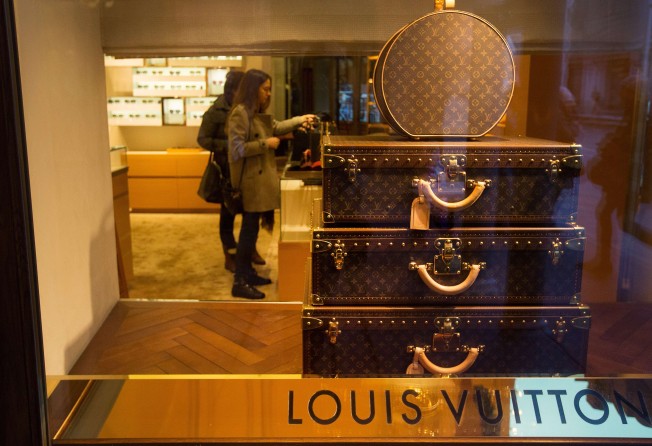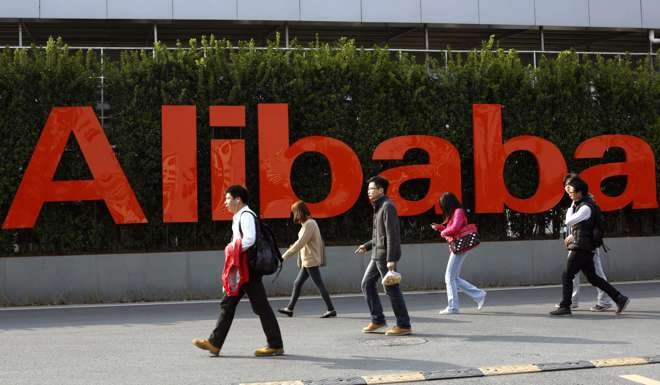Alibaba teams with world’s most-copied brands to repel pirates

Alibaba, the Chinese e-commerce giant, has teamed up with some of the world’s most counterfeited global brands, including Louis Vuitton, Samsung and Swarovski, to fight against copycats.
The collaboration will see Alibaba provide its members with big data and other support that will help them block, identify and even take down listings from its market places such as Tmall and Taobao, that fail to meet certain criteria. Those two sites boast one billion product listings at any given time.
In return, the brands have committed to share their anti-counterfeiting data with Alibaba.
The move follows a lawsuit filed by the internet powerhouse recently against two vendors selling knock-off Swarovski watches operating from its online shopping bazaar on Taobao, claiming 1.4 million yuan in losses.
Taobao is the retail platform that allows smaller merchants to peddle their items.
“The most powerful weapon against counterfeiting today is data and analytics, and the only way we can win this war is to unite,” said Jessie Zheng, Alibaba’s chief platform governance officer.
“Alibaba welcomes brands and other organisations to join us in what we believe is the world’s first ‘Big Data Anti-Counterfeiting Alliance’.”
In December, the US government returned Taobao to its blacklist of “notorious markets” for hosting fake items, four years after Alibaba lobbied American trade officials to drop the platform from the list.
Alibaba said it was “disappointed” by the decision, noting that it had “proactively removed more than double the number of infringing product listings than in 2015.”
The company employs 2,000 permanent staff and 5,000 volunteers devoted to spotting fake goods.
Alibaba also owns the South China Morning Post.

As the world’s factory and with regulatory frameworks still in the making, international brands such as Louis Vuitton and Nike have had a particularly long and arduous battle in China against counterfeiters.
Fraudsters are also becoming more sophisticated, adopting technologies to make themselves harder to track.
According to the International Anti-Counterfeiting Coalition, a non-profit watchdog overseeing piracy concerns, China is the biggest market for knockoffs globally, with handbags, footwear, watches and iPhones topping the list of most-faked items.
Specifically, Rolex, Louis Vuitton, Nike and Ray Ban are among the labels that “seem to be more intensely targeted by counterfeiters”, a separate report by the Organisation for Economic Co-operation and Development(OECD) showed recently.
But domestic brands also have fallen victim. Premium liquor maker Kweichou Moutai has said it has confiscated 300 tonnes of fake Moutai in a three-year drive against bootleggers, whose products can feature packaging identical to genuine products.
The Chinese authorities have stepped up their efforts to root out the perpetrators of fake goods, staging raids and arresting thousands of suspected offenders.
Putian in southern Fujian province, was so well known for its multi-milllion yuan industry manufacturing fake Nike and Adidas footwear that the city was dubbed by mainland media “the capital of fake shoes”.
As millions of consumers worldwide have migrated to online shopping platforms, pressures have mounted for e-commerce giants at home and abroad to deal with the issue.
In December, a founder of American hip hop group Run-DMC launched a lawsuit against Amazon.com and Wal-Mart Stores for selling clothes that infringed the group’s trademark.
